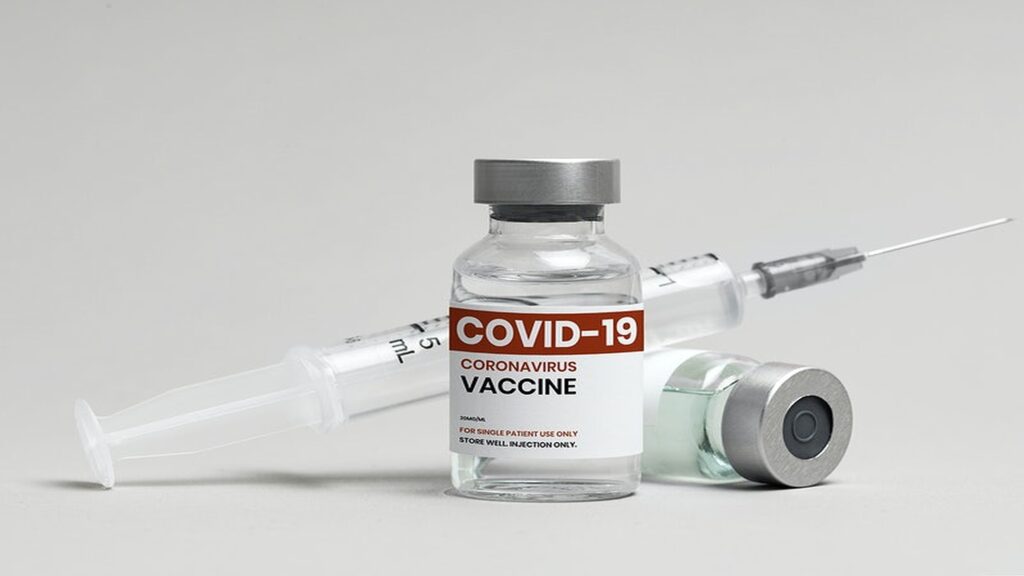
“These vaccines have the potential to bring back normality to our lives, meaning we can eventually see our families, hug our loved ones, kiss our grandchildren and simply spend time together once more. It will also allow people to eventually return to their jobs, socialize by going out eating and drinking, attend sporting and music events and do the stuff that makes for a better life.”
– Dr. Swanand Patwardhan, Consultant Psychiatrist,
Our lives have been turned upside down by the silent, but deadly, coronavirus. This is evident in how the past year has been characterized by days in complete solitude, the loss of loved ones, and constant mask-wearing and social distancing. The people have been asking, “When will this be over? When will our lives return to normal?” Well, the transition back to regular life is contingent on receiving the COVID-19 vaccine, especially the second dose. By vaccinating yourself against this destructive virus, you are ensuring healthier and happier days for yourself and the people around you. .
What is it?
COVID-19 is a contagious disease caused by the SARS-CoV-2 virus. Upon contracting COVID-19, carriers may experience mild to moderate symptoms while some may experience adverse effects that affect their immune system’s ability to fight against the virus. COVID-19 transmits between people even if symptoms aren’t present in the carrier, meaning that it is essential to stay cautious and take the necessary preventative measures to protect yourself. One of these measures is the COVID-19 vaccine, which allows your body to build an immune response to the virus, which results in less exhibited symptoms if one does contract the virus.
Several vaccines have been developed to help protect the people against COVID-19. The Food and Drug Administration (FDA) has approved the Pfizer-BioNTech, Moderna, and Johnson & Johnson vaccines for emergency usage, the Pfizer-BioNTech and Moderna requiring two administered doses while the Johnson & Johnson suffices with a single dose. The public continues to put forth inquiries regarding these vaccines, such as:
● Is there any difference in the efficacy of vaccines requiring two doses and vaccines requiring one dose?
● What difference does the second dose make?
● How much time should you wait before getting the second shot?
All of which will be addressed and responded to within this article.
How Do These Vaccines Work?
The available COVID-19 vaccines are messenger RNA vaccines, mRNA vaccines, which, unlike other vaccines, teach our cells how to make a protein that can trigger an immune response in our body.
The COVID-19 mRNA vaccines guide our cells in producing a harmless protein called the ‘spike protein,’ which is present on the surface of the coronavirus, therefore mimicking an actual infection. The virus uses this protein to attach to and enter a host cell in your body.
The cells in our body have some memory associated with them. These vaccines depend on that phenomenon, meaning that after you receive your shot, your immune system stores the information of the spike protein. If you are exposed to the coronavirus again, your immune system uses this previously stored information to generate the necessary antibodies and immune response.
This entire immunity process is not completed until two weeks after the second dose, which is the reason why you are still vulnerable to COVID-19 for a few days after you take the vaccine.
Why Two Doses?
The first dose of the COVID-19 vaccine is referred to as the ‘prime dose’ and the second dose is called the ‘booster dose’. Studies have shown that the Pfizer and Moderna vaccines give sufficient immunity with the first dose, but through the clinical trials they have shown a much better efficacy when two doses are administered.
The prime dose causes the body to produce antibodies, however these antibodies wane with time. The booster dose powers up the immune system and allows it to produce a larger number of antibodies, thus giving your body a ‘cell-mediated immunity.’ In the case you are infected with COVID-19 in the future, your immune system triggers the memory of your cells so that your body remembers the spike protein from the vaccine and as a result produces antibodies faster.
How Long Do You Need to Wait for the Second Dose?
In order to achieve full immunity, you need to wait for a few weeks depending on the vaccine you take. This waiting period is essential in order for the vaccine to function at its full efficacy.
What if You Get Your Second Dose Beyond Your Waiting Period?
Though it is important not to take the second dose too early, it is equally important not to delay receiving your second shot in order to reap the full benefits of the vaccine.
But what happens when you don’t get your second dose within the recommended time frame? Don’t worry. The CDC states that you can take up to 6 weeks to get your second dose. Though this is true, we are not sure about the consequences of delaying the second dose beyond this time period, so it is best to get your immunizations completed in a timely manner.
Can You Take Your First Dose Pfizer and Your Second Dose Moderna?
Neither us or the CDC recommends it. The CDC suggests that the two vaccines should not be interchanged because experts aren’t sure if the efficacy of the vaccines will be retained if they are overlapped or if there are any dangers to doing so.
COVID is here and COVID is still spreading, but that can be changed if you take the COVID-19 vaccine and encourage others around you to do so as well. Be a part of the movement to end the millions of lives lost, to smile and laugh with your friends once more, and to ensure a safer environment for yourself and your families.
